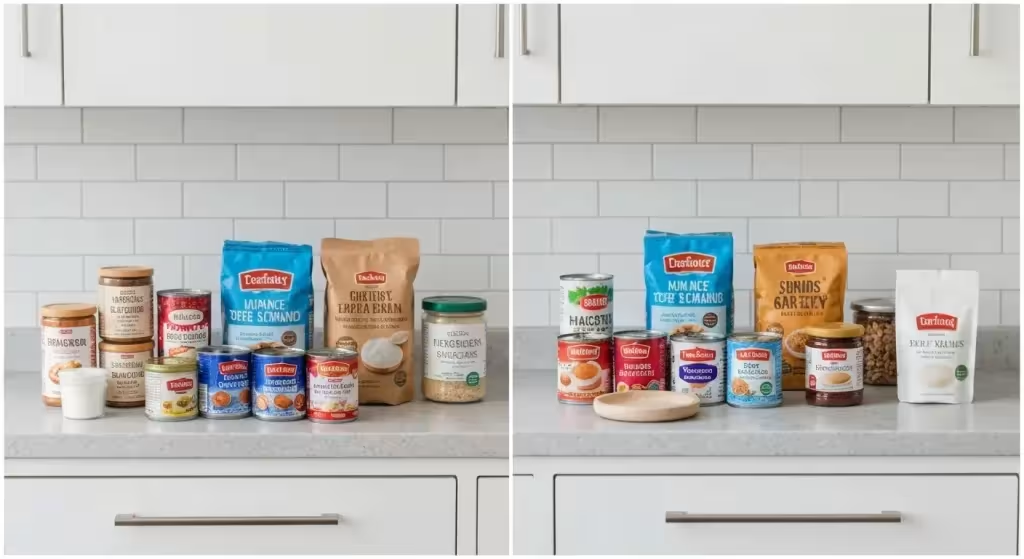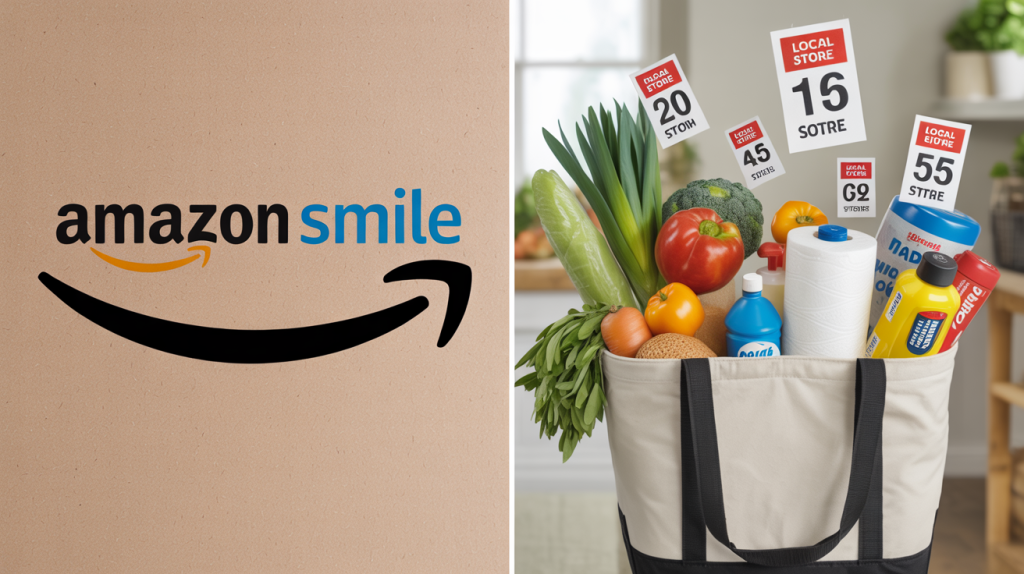
Many of us have spent years developing a keen eye for value and quality. We understand that a higher price doesn’t always mean a better product. One of the simplest and most effective ways to save money on everyday essentials is by choosing generic or store-brand items over their often more expensive name-brand counterparts. The debate of generic vs name brand has been around for a long time, but the truth is, for many products, the differences are minimal, if any, besides the packaging and the price tag. Embracing this smart buying strategy can free up a surprising amount of room in your budget.
Now, we’re not saying you should never buy name brands. Sometimes there’s a particular product you love for its specific taste or performance, and that’s perfectly fine. However, for a wide range of common household goods and groceries, opting for the generic version can lead to significant savings without sacrificing quality. Let’s explore seven categories where buying generic is almost always a smart move.
















12 Responses
I have to disagree with the idea that all flour is created equal. Some generic lour isn’t even good enough to make play dough. Sticking with name brand flour such as Pillsbury or Gold Medal is best for baking. If you want to splurge then you can use King Arthur. If you need specialty flours then Bob’s Red Mill.
Dish soap nothing works as well as dawn for cutting through greasy messy cooking instruments
Dawn!!!
Definitely not Ajax
Flour: Pillsbury or Gold Medal
Syrup: Aunt Jemima, King, or Mrs Butterworth’s
Generic is thin and watery
Generic sugar I will do. Mainly coming out of Baltimore from Domino’s anyway
My flour will always be Pillsbury I buy the none bleached one and get it on sale. I always get all my items on sale.
One can always buy inexpensive when that buy on sale even if not needed you will have on hand and spent less than on the off brands. If you can afford….. buy 2. Have what you want and save. Never pay full price!
I think you are expecting more from our food providers than they deserve. The grain industry is corrupt you are eating more pesticides than grain its all GMO’d and shouldnt be eaten…the milk and cheese has been infiltrated by big Pharma find out about rennet!?!? Milk that is another problem on how its produced. Do some research please
I have been a truck driver for 30 years. They are correct. I have hauled both, name brand and store/generic brands, out of the same warehouses. That’s not to say that all the products are the same, but many are. Some could be seconds. When I pick up a load of water, from Nestles, I never know what label it will have on it. But even the “Spring” water, which is trucked into the plant, is filtered down to nothing but H2O, then minerals are added back. So, if you like one brand over another, it’s those minerals that give the water a specific taste. And, that can vary by brand, even from the same plant.
Pretty well written article except some folks will find fault everywhere. Thanks for the suggestions of what to look for in the basic research when switching name brand for generic items. A little research can lead to some cost savings in your grocery bill.
I disagree with all of these items. Generic paper towels are no good. I only like Viva. Frozen fruits are not all the same… I only buy organic. And dawn dish detergent is the best. Otherwise you are using double the product which makes the price not good. Sometimes generic Tylenol or ibuprofen are OK but all the rest of this matters.
I agree with your comments, however not all generic compare to name brands. Tide is expensive, but with generic you have to use more, nothing works better than Dawn, even to unplug your drains. Don’t buy generic ofc at “dollar stores.” I know our pockets are getting thinner with the current economy, all depends on that.
BJ’ paper towels are THE absolute best hands down! Toilet paper too!!!
could not find the seven generic items ? wtf ?